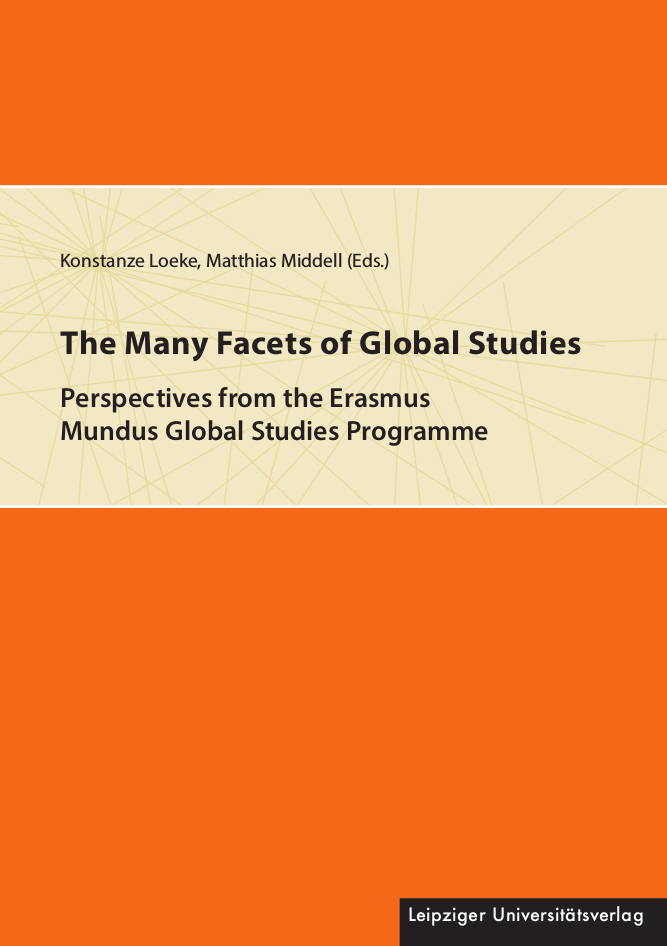Vol. 23, September 2020.
Have you published something new in Global Urban History?
We'd like our members to know. Contact Ayan Meer with details.
GUHP is now a member-supported organization. To join or renew your membership, visit our Homepage. | | Architecture in Global Socialism
by Łukasz Stanek, University of Manchester.
(Princeton University Press, 2020)
In the course of the Cold War, architects, planners, and construction companies from socialist Eastern Europe engaged in a vibrant collaboration with those in West Africa and the Middle East in order to bring modernization to the developing world. Łukasz Stanek describes how local authorities and professionals in these cities drew on Soviet prefabrication systems or on Hungarian and Polish planning methods. He looks at how the differences between socialist foreign trade and the emerging global construction market were exploited in the Middle East in the closing decades of the Cold War. These and other practices of global cooperation by socialist countries—what Stanek calls socialist worldmaking—left their enduring mark on urban landscapes in the postcolonial world. [more] | | | | "Extended urbanization and the agrarian question: Convergences, divergences, and openings"
by S. Ghosh (Harvard) & A. Meer (MIT).
Urban Studies, August 2020.
The question of urbanisation ‘beyond the city’ has generated a lively debate in the fields of urban studies and geography in recent years. This paper brings a key concept –‘extended urbanisation’– in conversation with related concepts from critical agrarian studies. The authors briefly review the ‘classic’ agrarian question in order to situate contemporary agrarian questions within the historical geographies of capitalist restructuring since the late-nineteenth century. They then examine a selection of contemporary agrarian scholarship attuned to the interconnectedness of agrarian and urban sociospatial relations to argue that the concept of extended urbanisation and urban studies more generally have much to gain from a closer engagement with this work.
[Access the article here] | | |  | | "Global Urban History"
by G. Castryck (Leipzig University), in The Many Facets of Global Studies (Leipziger Universitätsverlag, 2019)
If globalization is a historical process of large-scale integration and intensified interaction through flows of people, goods, capital and ideas, then it seems natural that global studies primarily focuses on these movements and on interaction and integration between different places, rather than on particular localities. Specifying where, when and by whom flows, integration and interaction were produced, helps to identify different perspectives, practices and experiences of globalization. Historicizing, space-specific and actor-oriented approaches enable global studies scholars to combine the investigation of macro-processes of globalization with empirical micro-research. Along with several contributions to this textbook, this essay on global urban history pays attention to space, time and agency in the reconstruction of processes of globalization. [more]
| | | Racist Housing Policy in US History
This article and data visualization in The New York Times, authored by Brad Plumer and Nadja Popovich, vividly highlights how decades of racist housing policy in the United States left neighborhoods sweltering, drawing a relation between environmental injustice and racism in American urban centers. In Denver, formerly redlined neighborhoods tend to have more Hispanic than Black residents today, but they remain hotter: parks were intentionally placed in whiter, wealthier neighborhoods that then blocked construction of affordable housing nearby even after racial segregation was banned. In Baltimore, polluting industries were more likely to be located near communities of color.
[Access article here]
| Related Networks and Events
| | Call for Papers: "Uneasy Neighbors — Conflict and Control in the Colonial City, c.1870-1930"
University of Bremen Workshop, 15-16 July 2021.
This workshop seeks to capture the conflicting tendencies of the colonial city by exploring neighbour relations and urban proximity. By adopting this prism, we seek to challenge prevalent dichotomies that still shape much of the historiography of the colonial city. The two-day workshop at the University of Bremen seeks to bring together early career and senior scholars with an interest in colonial cities in order to discuss emerging research at the intersection of global, urban, and colonial history. Deadline: October 18, 2020.[more] | | | | Call for Papers: Harvard History Graduate Student Conference on Gender and Empire, Spring 2021.
Con-IH is looking for submissions on a broad range of topics relating to localized, national, global, or transnational facets of empire intersecting with constructs of gender. What does it mean to study Gender and Empire now, in this precarious moment, as we face a massive international public health crisis? Graduate students should submit a 300-word proposal and one-page CV in a single PDF document to conih@fas.harvard.edu, by September 30. [more] | | | |